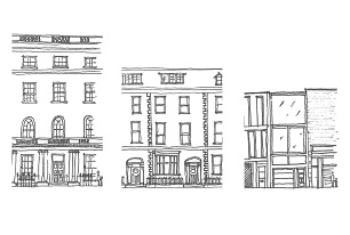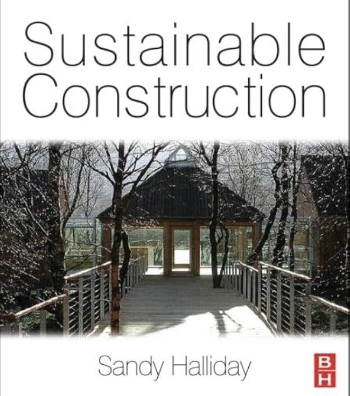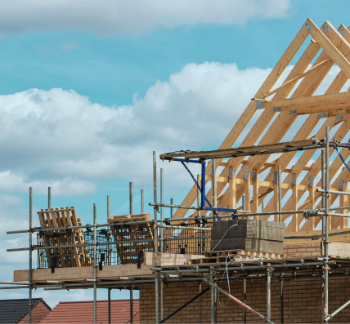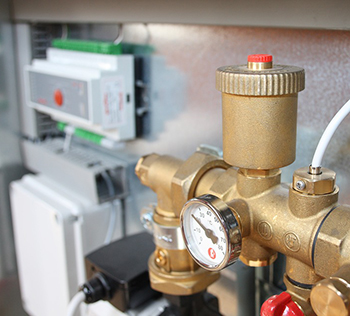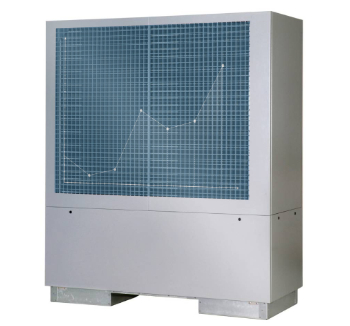Corrosion in heating and cooling systems
Corrosion in heating and cooling systems is a common issue that can lead to various problems and reduce the efficiency and lifespan of the equipment. Corrosion occurs when metal components in the system react with water, oxygen, and other substances, resulting in the deterioration of the metal surfaces. Here are some of the effects and consequences of corrosion in heating and cooling systems:
1. **Reduced Efficiency:** Corroded components, such as pipes, heat exchangers, and coils, can develop a layer of scale or rust, hindering the heat transfer process. This reduces the system's efficiency, leading to increased energy consumption and higher utility bills.
2. **Decreased Performance:** Corrosion can obstruct water flow, reducing the heating or cooling capacity of the system. This can result in uneven temperature distribution, reduced comfort levels, and longer heating or cooling times.
3. **Leakage and Water Damage:** Severe corrosion can lead to the formation of pinholes, cracks, or leaks in pipes or heat exchangers. This can cause water or refrigerant leakage, leading to water damage in the surrounding area and potential safety hazards.
4. **Poor Water Quality:** Corrosion products, such as rust and scale, can contaminate the water circulating in the system. This can negatively impact water quality and potentially harm the health of occupants if ingested.
5. **System Breakdown and Costly Repairs:** Advanced corrosion can lead to system failures and breakdowns, requiring costly repairs or replacements of damaged components.
6. **Reduced Lifespan:** Corrosion accelerates wear and tear on the system's components, shortening their lifespan and requiring more frequent replacements.
7. **Loss of Refrigerant:** In cooling systems, corrosion can lead to refrigerant leaks, which not only affect the system's performance but also contribute to environmental issues due to the release of greenhouse gases.
To prevent and manage corrosion in heating and cooling systems, consider the following preventive measures:
1. **Water Treatment:** Implement proper water treatment to minimize the risk of corrosion. Water treatment methods, such as filtration, softening, and chemical treatment, can help control impurities and prevent scaling and corrosion.
2. **Material Selection:** Use corrosion-resistant materials for critical system components, such as stainless steel or coated metals.
3. **System Flushing and Cleaning:** Regularly flush and clean the system to remove accumulated sediment, rust, and other contaminants that contribute to corrosion.
4. **Proper System Design and Installation:** Ensure that the system is designed and installed correctly to minimize areas where water can stagnate, which can lead to increased corrosion.
5. **Monitoring and Maintenance:** Regularly monitor the system's performance and conduct preventive maintenance to detect and address corrosion issues promptly.
6. **Coatings and Linings:** Apply protective coatings or linings on vulnerable surfaces to create a barrier against corrosion.
By taking these preventive measures and addressing corrosion issues promptly, you can enhance the efficiency, reliability, and longevity of your heating and cooling systems while reducing the risk of costly repairs and downtime.
You must sign in or register to edit or comment on an article
Featured articles and news
Types of rapidly renewable content
From forestry to agricultural crops and their by-products.
Terraced houses and the public realm
The discernible difference between the public realm of detached housing and of terraced housing.
Looking back at the influence of climate events
From a designer and writer: 'There are limits to growth but no limits to development'.
Terms, histories, theories and practice.
Biophilic design and natural light
Letting in the light and natural elements into spaces.
APM Programme Management Conference 2024
Strategies for Success.
Residential takes the reins as contract awards even out
Contracts down, but remain above the last quarter of 2023.
Celebrating Eid and the largest mud-brick building.
Barry Kingscote claims prestigious CIOB CMYA Award.
The British Mosque: an architectural and social history
The story of some 1,500 mosques or more in Britain.
Heat pump refrigerants, efficiencies and impacts
R12 to R1270 what are the differences?
Global heat pump market in 2023
Challenging times with positive but modest outlook.
Beyond the infrastructure pipeline
Opportunities and chokepoints.









